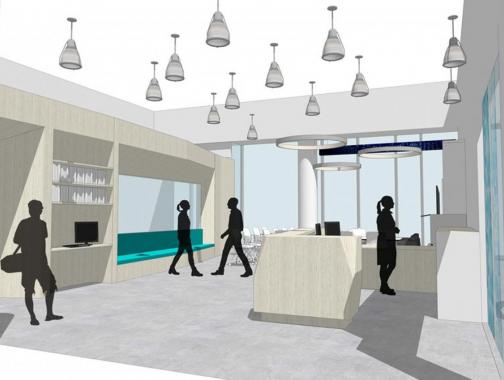Project Delivery
DCM Project Managers deliver projects that meet defined and measurable outcomes. A Project Manager is assigned to each project, and is involved from the start of design to ensure continuity.
DCM utilizes a suite of tools for oversight and consistency in the execution of all projects. These tools include both administrative systems and specific project controls designed to help planners, designers and project managers proactively manage and communicate over the life of a project. These tools include the following:
- Project and Portfolio Management (PPM) Tool
When a project is initiated, it is entered into the PPM tool. The tool incorporates approvals forms, schedule, staffing and financial information to successfully complete a project.
The tool also allows us to track multiple projects to understand the broader implications of work underway across the campus, and available resources, at any one time.
- Benchmarking
To develop preliminary project budgets, project managers use benchmarking that draws on cost data of current and completed projects to quickly assess the potential cost per square foot of proposed work.
The data on overall project budgets are broken down into “cost centers” that bundle the costs of related work (e.g. interiors, electrical or design fees). We build new project budgets by benchmarking the proposed work at the level of the cost centers and then compiling their analyses into an overall estimate. This allows a more refined approach than simply benchmarking total project costs.
- Managing Risk
High level risk is identified during the planning process and monitored through design and construction. The purpose is to identify the risk, understand the magnitude, develop mitigation strategies, and budget and manage the contingency. This allows good decision making in terms of the use of contingency over the life of the project.
- Schedule Analysis
A combination of analytical tools is often necessary to fully understand where the project stands. The tools include critical path milestone schedules and cash flow analysis. By carefully applying these analysis tools, the team can manage the project proactively.


